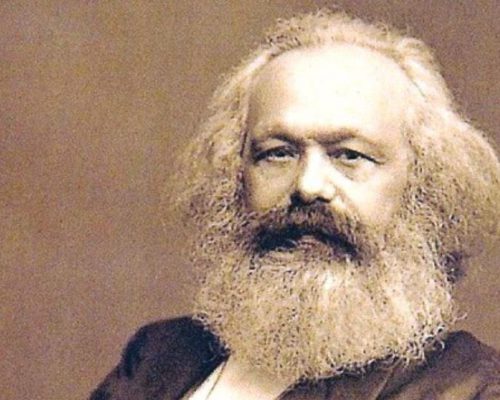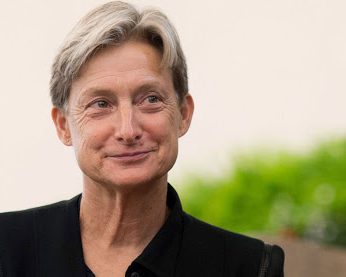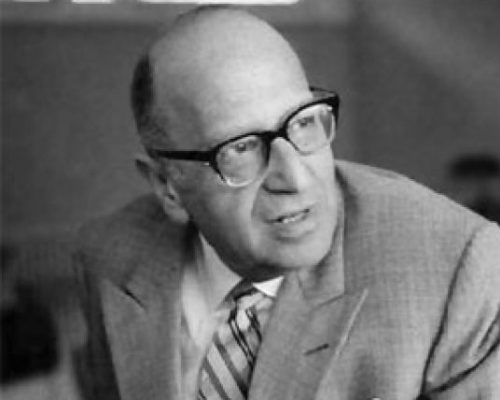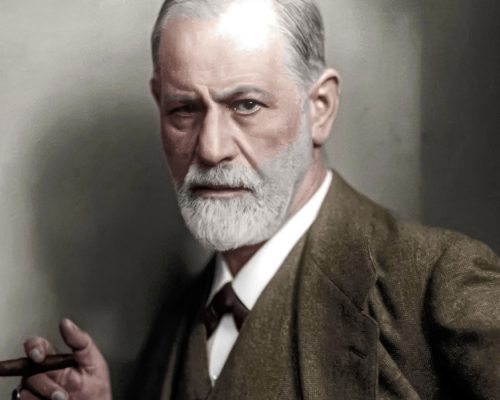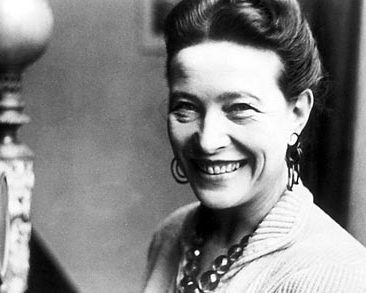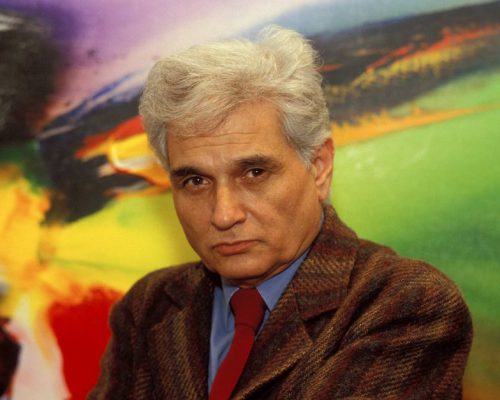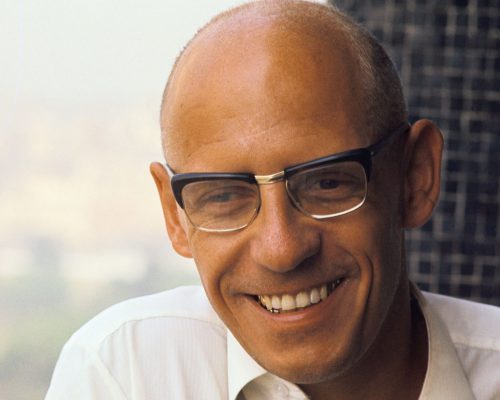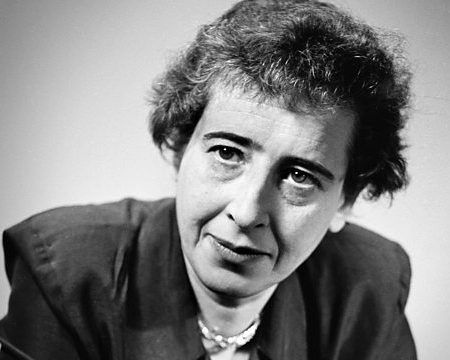Welcome to Critical Theory
The central goal of critical theory is (1) to analyze the various forces that shape contemporary societies, (2) to diagnose their crises, antagonisms, ruptures, and (3) to identify and mobilize agents of social change. Critical theory is a term that describes a wide array of approaches to understanding and criticizing the myriad relations of domination characterizing contemporary society. Although there are many disagreements among critical theorists, most agree about the central questions: How do human beings create the social world? How are they created by it, yet in ways that disempower social agents or disfigure their desires? What is the relationship between structure and agency, and what does this tell us about relations of power and domination? Human freedom and social justice are generally the ethical ideals animating these investigations, such that critical theory is necessarily both descriptive and normative; it presumes a close connection between theory and practice. At the most basic level, critical theorists ask: What is wrong with our world, and how can we make it better? At a deeper methodological level, critical theorists also see themselves as practitioners in a distinctive orientation to knowledge. Critical theory is interdisciplinary in nature and primarily draws from the humanities and social sciences. Critical theory offers a ‘genealogy’ of social reality as well as a genealogy of its own stance within it. Many critical theorists presume that language both ‘creates’ and interprets reality, that agents are historically constituted, or that knowledge is bound up with power relations such that there is no wholly objective “outside” from which to view the “truth.” Thus, critical theory poses a challenge to many of the traditional disciplines that assume that facts can be ascertained and deployed free of a normative evaluative framework.

